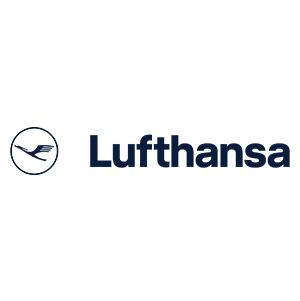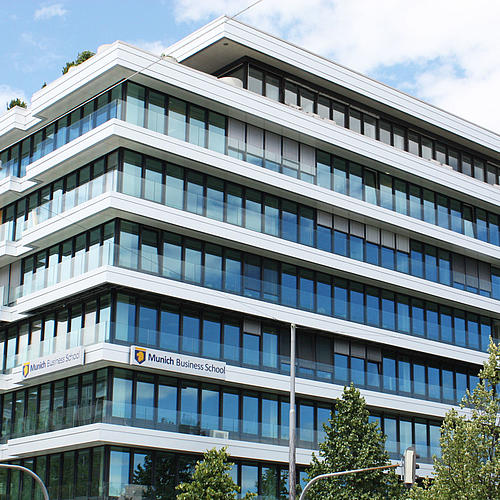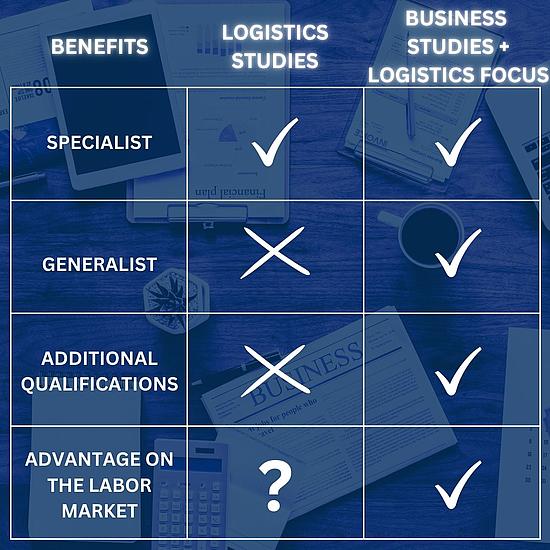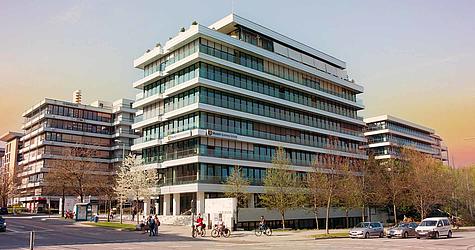✓ Warehousing and materials management: warehouse management, inventory management, material flow and optimization of warehouse processes.
✓ Procurement management: strategies for the procurement of goods and services, supplier management and purchasing processes.
✓ Production logistics: planning and control of logistical processes within the production chain to ensure efficient production.
✓ Supply Chain Management (SCM): Holistic view of the supply chain, coordination of activities and collaboration with suppliers and customers.
✓ Sustainability in Logistics: Consideration of environmental aspects and sustainable practices in logistics.
✓ Project management: basics of project management, especially in the context of logistics projects.
✓ Internships: many logistics degree programs include internships where students can apply their theoretical knowledge in practice.
✓ Soft skills: development of key skills such as communication, teamwork, problem solving, and decision making.





























